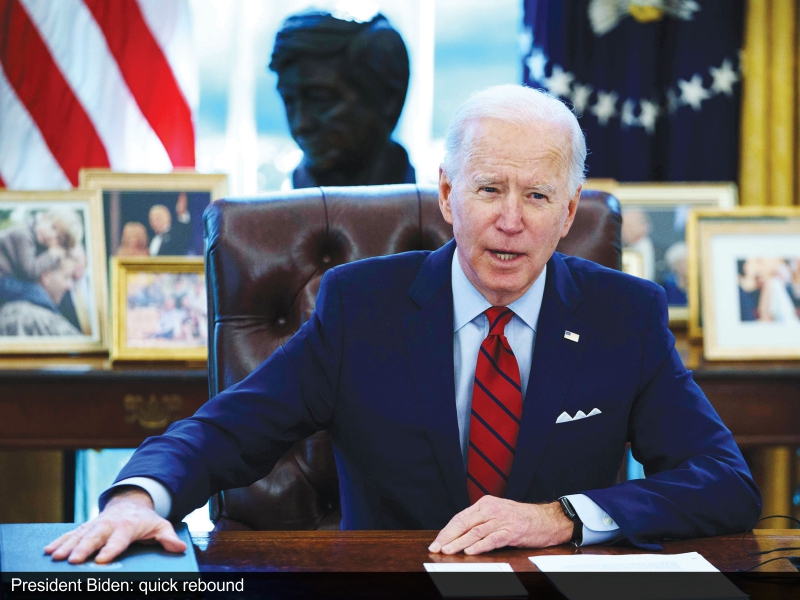
The number of international students applying to US universities for the coming academic year has jumped by 11 percent, according to initial estimates, raising hopes of a quick rebound under the Biden administration.
The data from Common App, a non-profit provider of college admission services, bolster a growing sense in academia that President Biden will bring substantial positive change in US treatment of people born abroad. A preliminary report from Common App, which serves some 900 institutions, “makes us cautiously optimistic that foreign students are more hopeful about studying in the US”, says Sarah Spreitzer, director of government relations at the American Council on Education.
US colleges got a big related boost in mid-January as Biden administration officials made clear that they are planning an immediate and comprehensive push on immigration policy. “We are extremely heartened by the approach the new administration has been explaining,” says Miriam Feldblum, executive director of the Presidents’ Alliance on Higher Education and Immigration, a grouping of US college leaders.
The Biden plan, while focused on needs far wider than of higher education, would be successful if Congress resolves the status of more than 450,000 college students in the country without legal status. It also would exempt doctoral graduates in the sciences from visa limits.
It’s pertinent to note that the growth in international applicants as tallied by the Common App came despite a 13 percent drop from China, the single largest source of foreign students at US universities. Countries producing major single-year increases in foreign applications to US institutions for the coming autumn, in order of their existing shares, include India (up 33 percent), Canada (20 percent), Brazil (53 percent), the UK (20 percent) and Pakistan (51 percent).
The size of such jumps, say experts, reflects factors such as progress against the Coronavirus and pent-up demand for US higher education that accumulated during the Trump administration, when overseas enrolments sagged. “Despite the Trump administration’s anti-immigrant rhetoric, international students understand the value of a US education,” says Stephen Yale-Loehr, professor of immigration law practice at Cornell University.
However, actual gains in autumn enrolment might prove more modest than the initial Common App data suggest, says Gerardo Blanco, associate professor of higher education at Boston College. Nevertheless, adds Dr. Blanco, the Common App numbers “are an early sign that international mobility will have a strong recovery”.
Important questions to be answered before autumn, according to academics, include success of the battle against the Coronavirus and the direction of social unrest reflected in the mob attack on the US Capitol.
China has long been the leading supplier of international students in the US, and antagonisms between the US and Chinese governments have been especially pronounced during the Trump administration. But tensions are expected to persist into the Biden administration.
(Excerpted and adapted from Times Higher Education and The Economist)
Also read: Europe: Schools closure pains